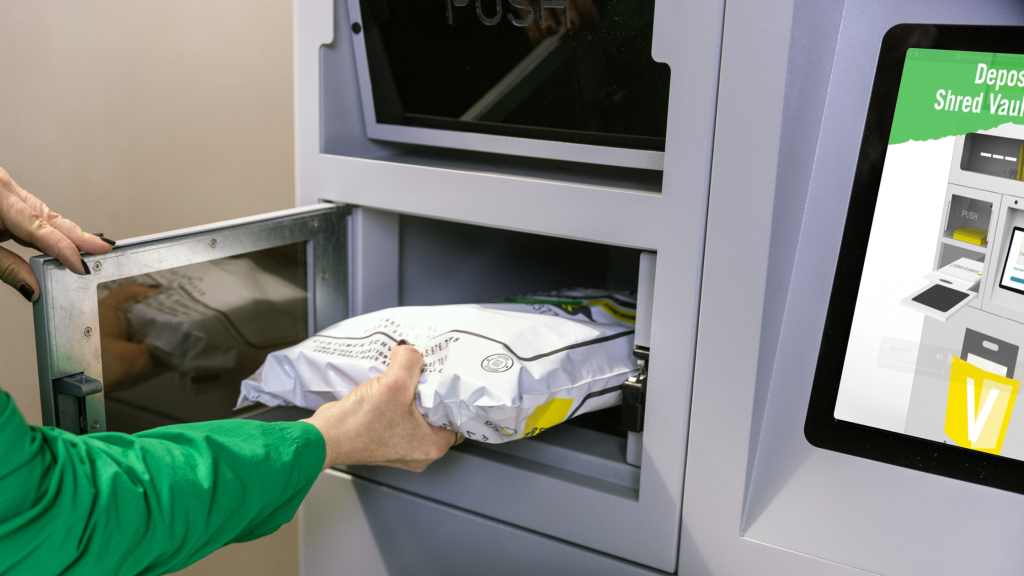It’s tempting to be persuaded by organizations that encourage you to choose “paperless” options. They point to environmental responsibility. They point to convenience. Who needs paper when their computers can store, protect and manage your records and transactions for you.
To make going paperless even more tempting, they might even throw in financial incentive.
But not so fast. When organizations encourage the paperless option, their primary interest isn’t the customer. It is their own costs savings.
Placing complete trust in electronic records could be a costly mistake—one that jeopardizes your health, your finances, your business, and your overall peace of mind.
REAL-WORLD RISKS
Electronic records are vulnerable to a range of threats, including:
- Cyberattacks: Healthcare and financial institutions are prime targets for hackers. In 2024 alone, ransomware attacks on healthcare systems surged by 264%, compromising millions of patient records
- System Failures: Power outages, server crashes, and software bugs can render digital records temporarily inaccessible. During the Colonial Pipeline ransomware attack, operations were halted due to a compromised VPN system
- Human Error: Mistakes in data entry, auto-correct issues, and misfiled records can lead to serious consequences, including misdiagnoses and financial misreporting
- Vendor Mistakes: Third-party software vulnerabilities have led to breaches affecting millions. If a vendor’s system is compromised, your records could be altered or lost
- Insider Threats: Employees with access to sensitive data have caused breaches through negligence or malicious intent
As a result, many organizations stress the need for a paper backup of electronic records, including:
- The U.S. National Archives and Records Administration (NARA)
- Consumer Reports
- The AARP
- The Forbes Financial Council
- ARMA International
- Int’l Secure Information Governance & Security Assn. (i-SIGMA)
- The Society of American Archivists (SAA)
- The Digital Preservation Coalition (DPC)
- The Council on Library and Information Resources (CLIR)
- The Northeast Document Conservation Center (NEDCC)
Retaining hard copies of invoices, receipts, and transactions is a critical for:
- Resolving Disputes: Any error based on corrupted digital data, a paper trail can be your best defense. Without paper backup, you are relying on the very electronic records that caused the mistake in the first place, which also happen to be in control of the organization you are likely defending yourself against.
- Access During Emergencies: When systems go down, paper records are the only way to access the information.
- Protection from Tampering: If a vendor’s or provider’s computers are compromised, without paper backup, you have no way to confirm that your information is correct. Unlike digital files, physical documents are harder to alter without detection.
FINAL THOUGHTS
Going paperless sounds good in theory. It’s saves trees, it saves money, and it means fewer trips to the mailbox and less filing.
But it also puts you, your family, and your business at risk.
Digital records offer convenience, but they’re not infallible and can be used against you if compromised or corrupted.
A balanced approach—including hard copy records—offers the best protection. Whether you’re running a business or managing a household, having physical backups of your financial, educational, employment, medical, and insurance records and month-to-month activity is not just smart—it is essential.
© 2025 Shred Vault, LLC – All Rights Reserved.





